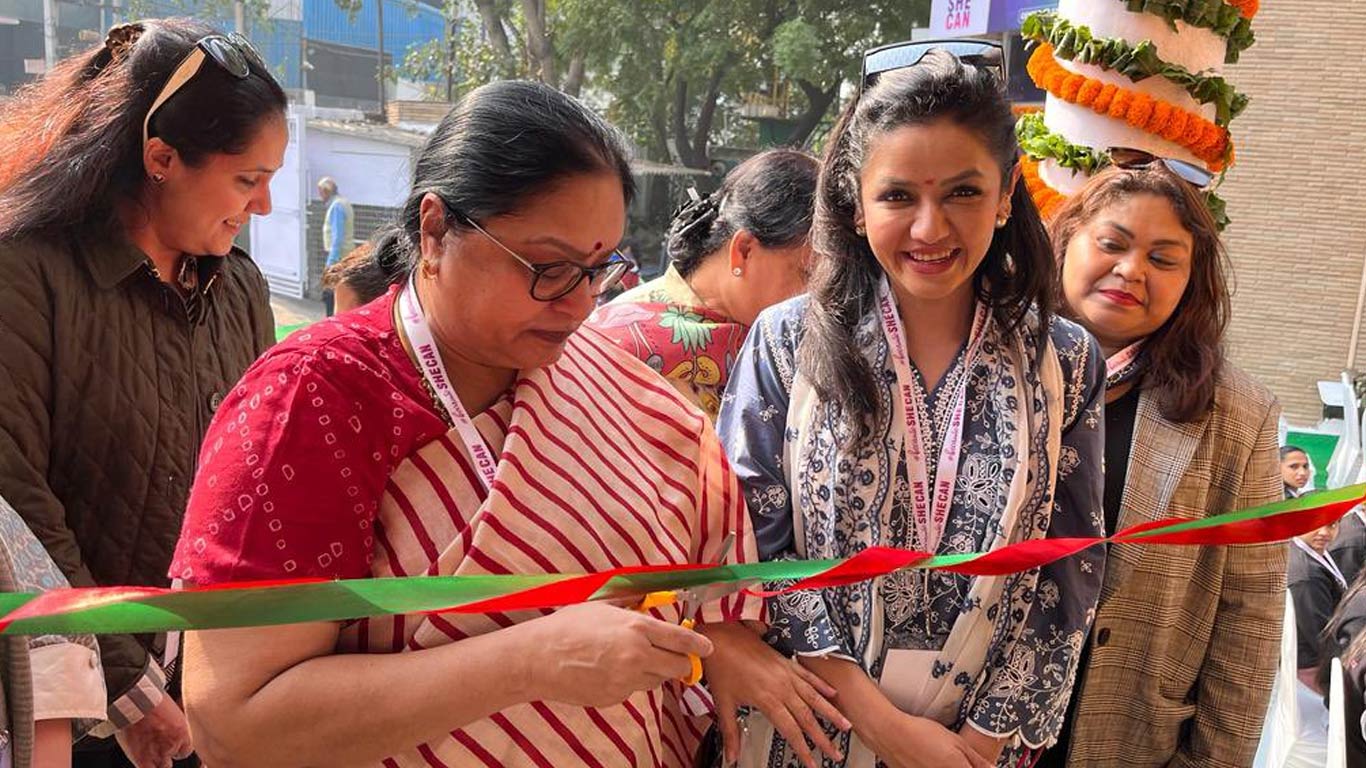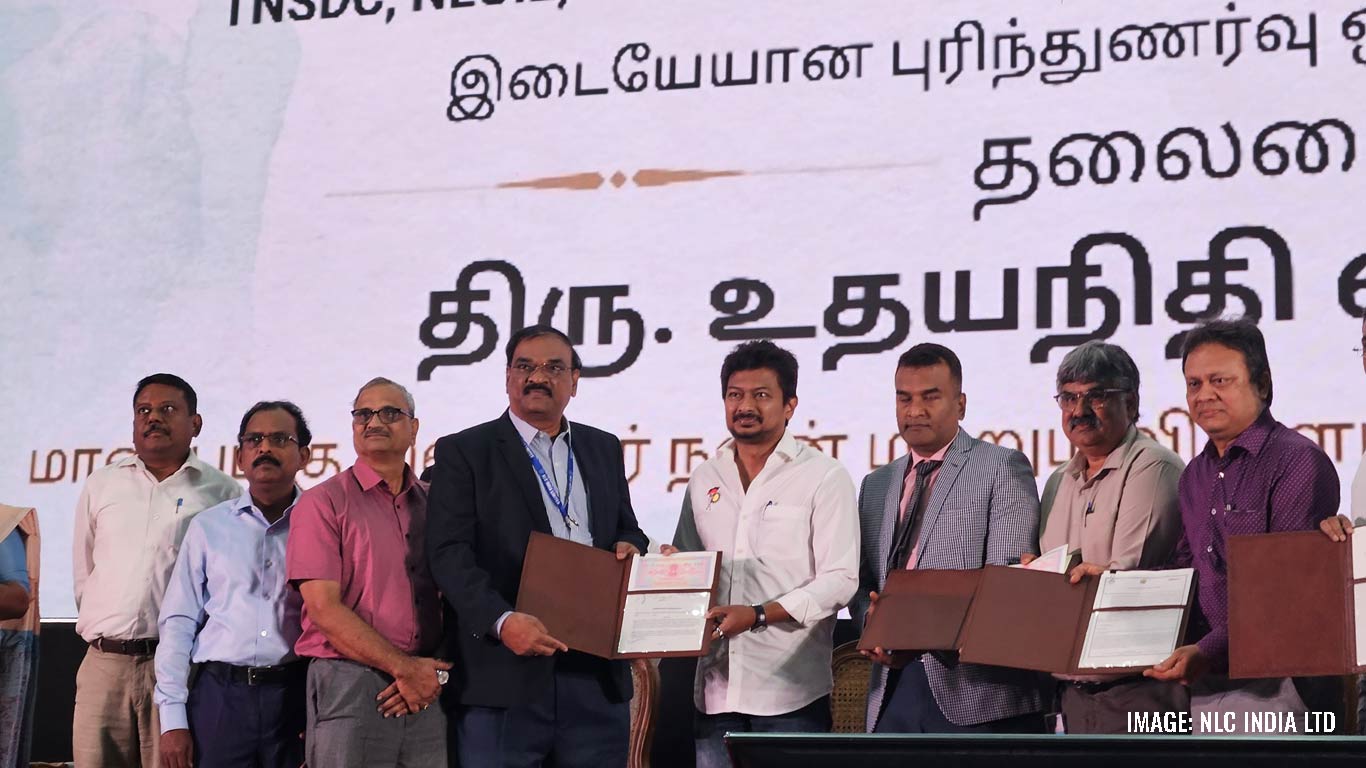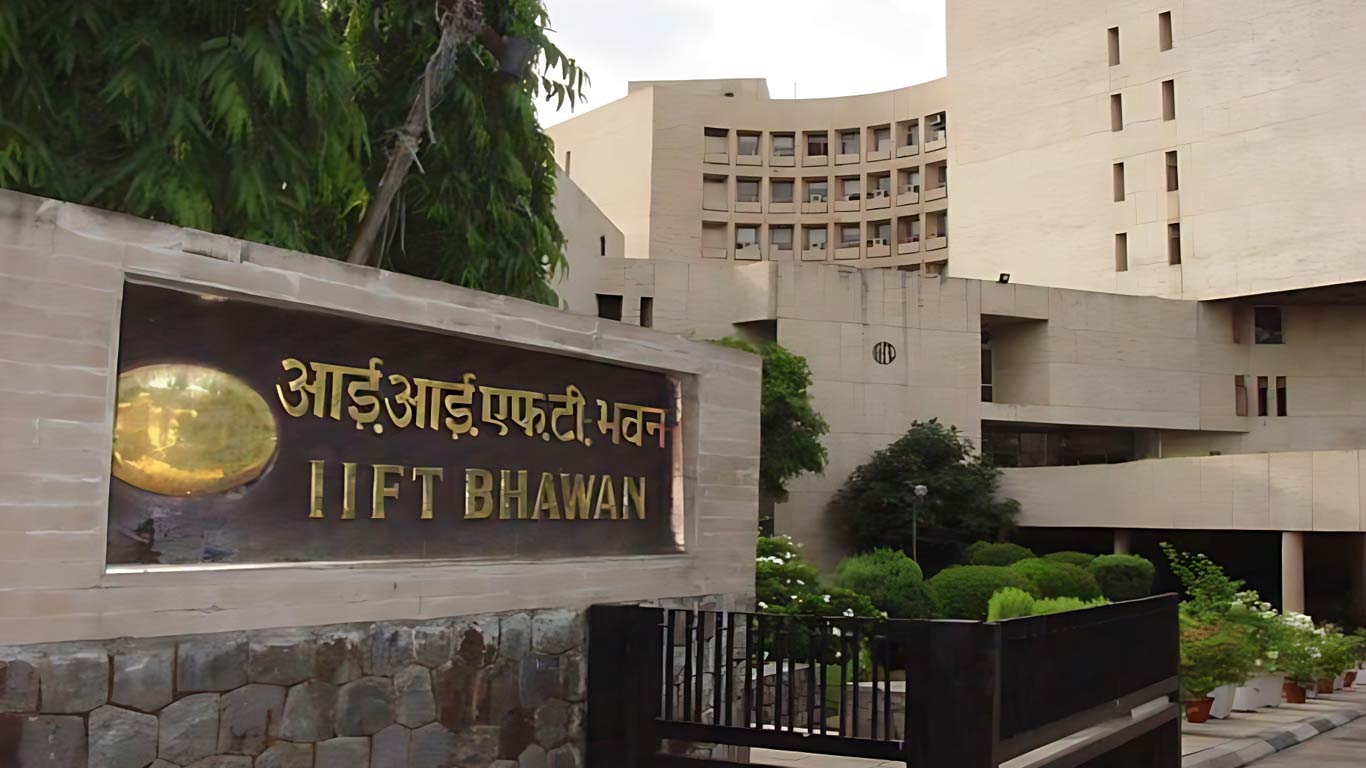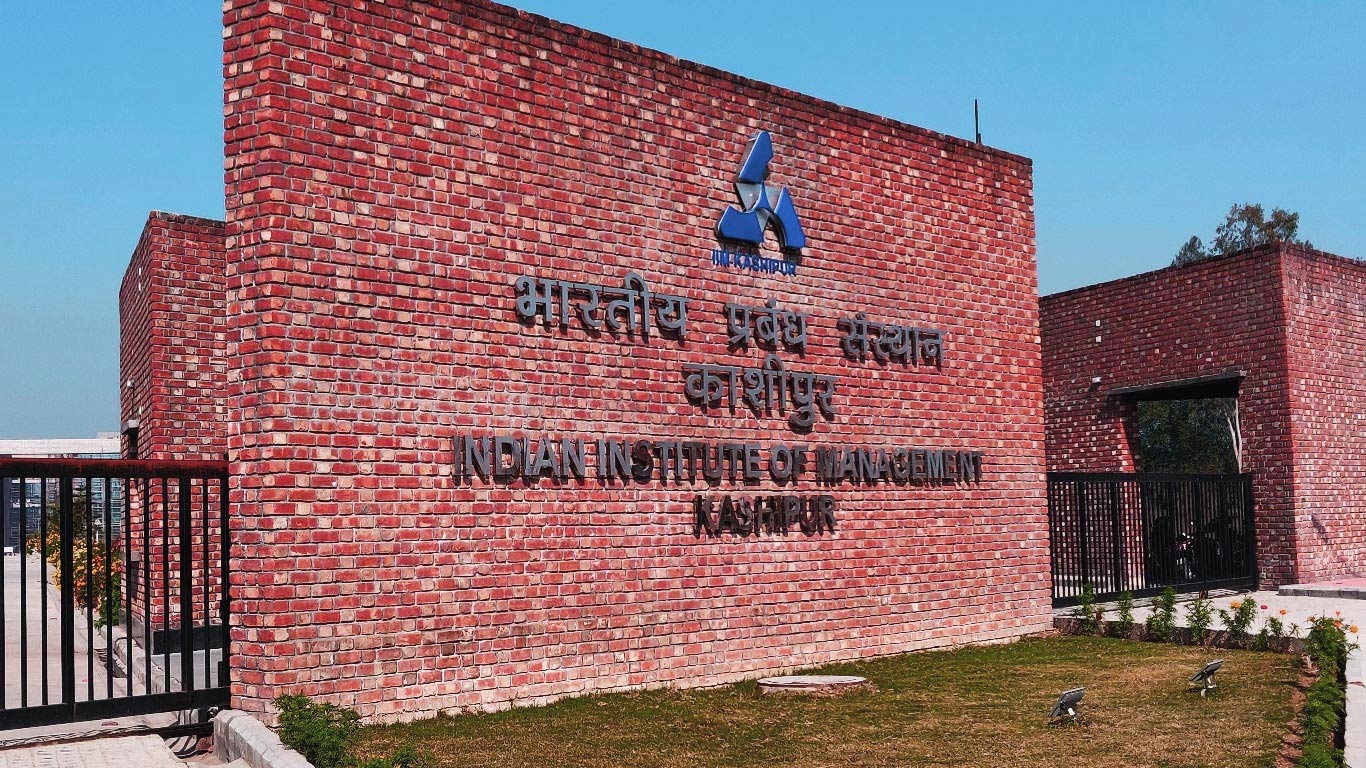States must have an IP driven approach to develop an innovative ecosystem: Experts
Updated: Oct 27, 2016 11:06:35am

States must have an IP driven approach to develop an innovative ecosystem: Experts
Mumbai, Oct 27 (KNN) Catering to the current spree of state competitiveness and applauding Karnataka, which has recognised its IPR regime as a catalyser in creating an investment-friendly ecosystem, experts are pushing other states to inculcate the state’s IP oriented approach to appear as a frontrunner in innovation.
The recently released results of India State Innovation Report 2016, which looks at various aspects that have had an impact on India’s Innovation Environment, ranked the states on their performance in terms of encouraging innovation. The report carries a state innovation index which looks at key innovation parameters within the states in India. Maharashtra topped as the Most Innovative Economy with Tamil Nadu, Karnataka and Gujarat as frontrunners.
According to a press release, Maharashtra scored 64.88 out of 70 in the Industries, Innovation, and Entrepreneurship sector. Maharashtra, in the past one year, has brought up various initiatives which have helped the state achieve the level of success.
Among many other initiatives, some noticeable ones were the ones where the state government gave its State Innovation Council complete autonomy and announced more than Rs 100-crore pool of money to fund R&D activities at its universities. Organisations like CSIR have been discussing how Maharashtra does not want jugaad or jugaadu innovation. That implies less focus on safety and aesthetics and a want for systematic innovation.
Giving his expertise on the linkage between innovation and IP, Prof. Shishir K. Jha, Associate Professor, Shailesh J. Mehta School of Management, IIT Bombay*, said, "TRIPS has clearly recognised the need for developing countries to design sui-generis intellectual property laws, dependent on their domestic requirements. It is therefore important for India to create a vibrant IP ecosystem that recognises the diversity of interests of independent artists, educationists, inventors, small and large business entities, among several others. Flexibility and agility in responding to the demands of a rapidly changing knowledge and innovation landscape will allow India to thrive in the emergent knowledge economy."
TC James, President, National Intellectual Property Organisation said “The need is to create a congenial ecosystem, with intensive investment in R&D. The basic research has to be funded more efficiently from the government or other public resources, because, if the returns are not immediate, private capital will be very reluctant in investing. Secondly, there has to be a proper and balanced IP system so that once the basic research is done, the private capital feels confident to take over to make those inventions marketable. This is where IP plays a very crucial role.”
"For an overall development in terms of innovation, the states need to understand how to commercialize/capitalise their domestic innovations. A few states have become innovation-leaders by attracting investments, focussing on development of sectors of the economy appropriate to their local conditions and resources, and creating an enabling business environment. Other states should take cues from such best practices”, he added.
Interestingly, in terms of IP, the state took some initiatives, in addition to merely building an innovation driven ecosystem. The state realised the power of a strong IP regime and how, only an IP forward state can become an innovation frontrunner.
Providing a global perspective to why Indian states should invest in IP, taking queue from states involved in IP best practices, Patrick Kilbride, Executive Director, The U.S. Chamber’s Global Intellectual Property Center (GIPC) said, “Intellectual property provides a catalyst for the growth of innovative, knowledge-based economies. Providing a legal framework to protect ideas incentivizes the development of new, ground-breaking technologies. The Indian states are at the very core of the Indian economy and provide fertile ground to introduce forward-leaning IP legislation and enforcement mechanisms in order to harness the benefits strong IP systems provide.”
Government’s initiative of holding IPR awareness programs in 18 states is an overall perspective to showcase how states can take IP as one of the key tools to achieve a protected, systematic and welcoming attitude while developing themselves as innovation leaders. It is a call out for states to work on their own IPR policy is encouraging their involvement in making India a pro-IP nation.
*(The quote is offered in his personal capacity and not institutionally)











